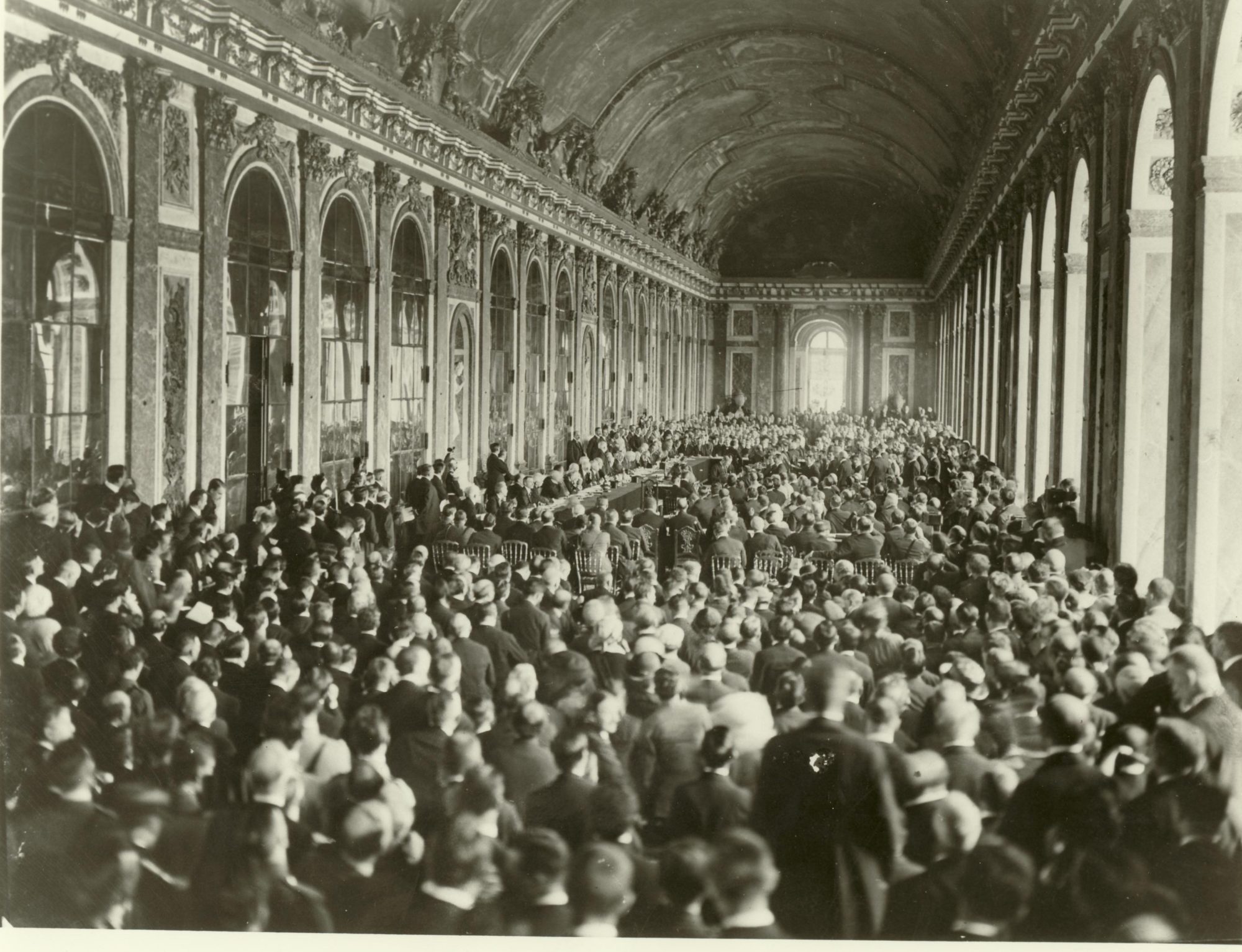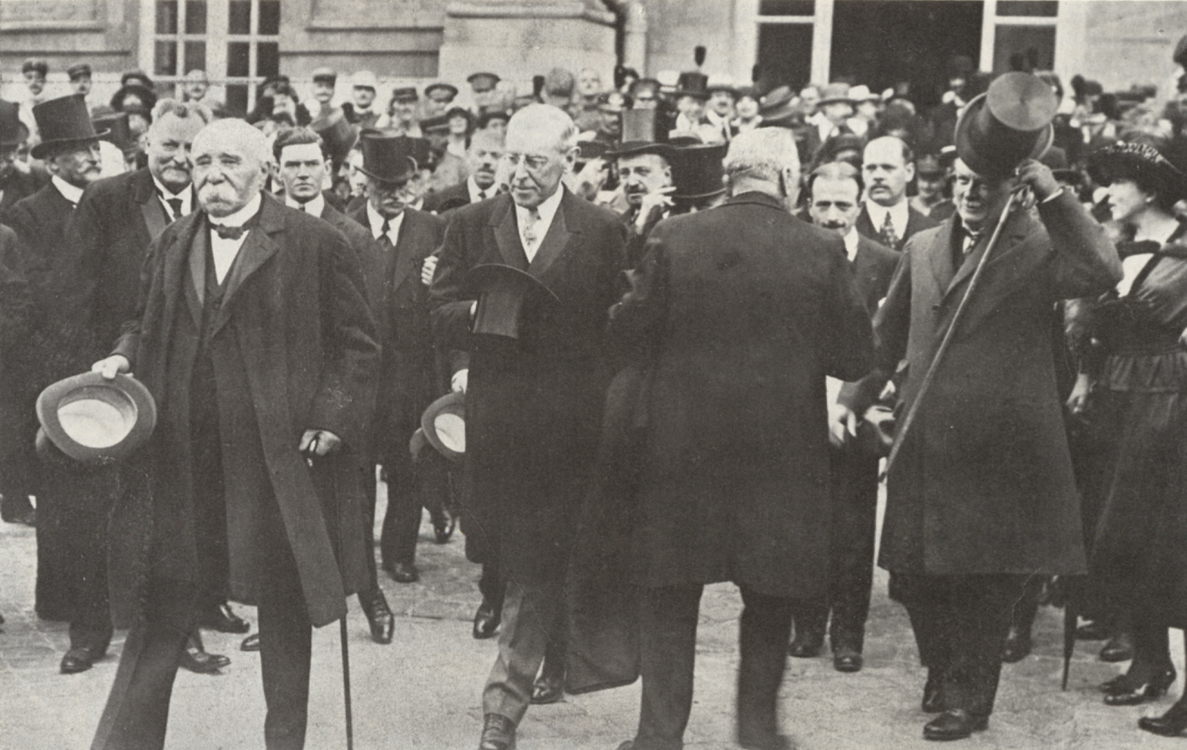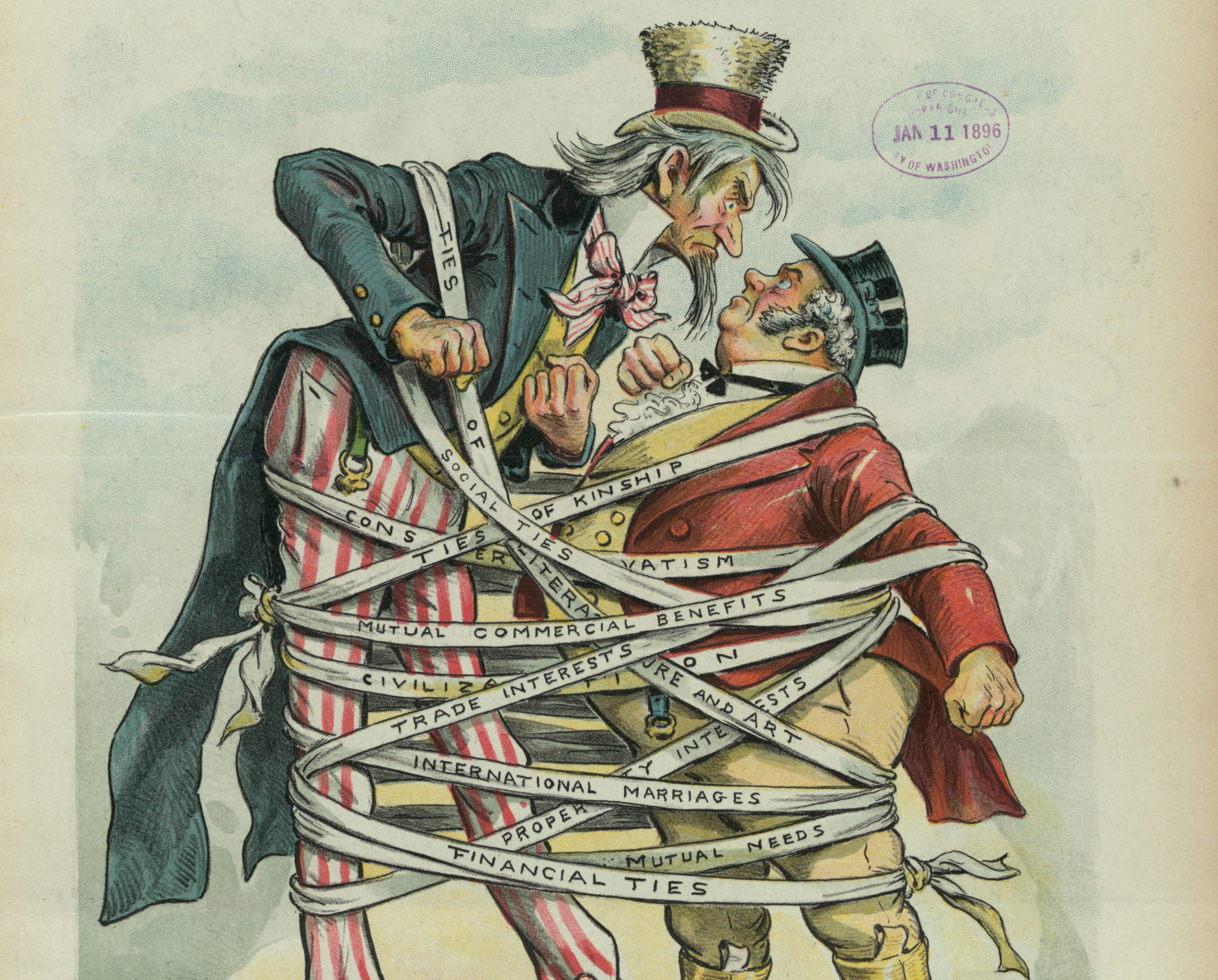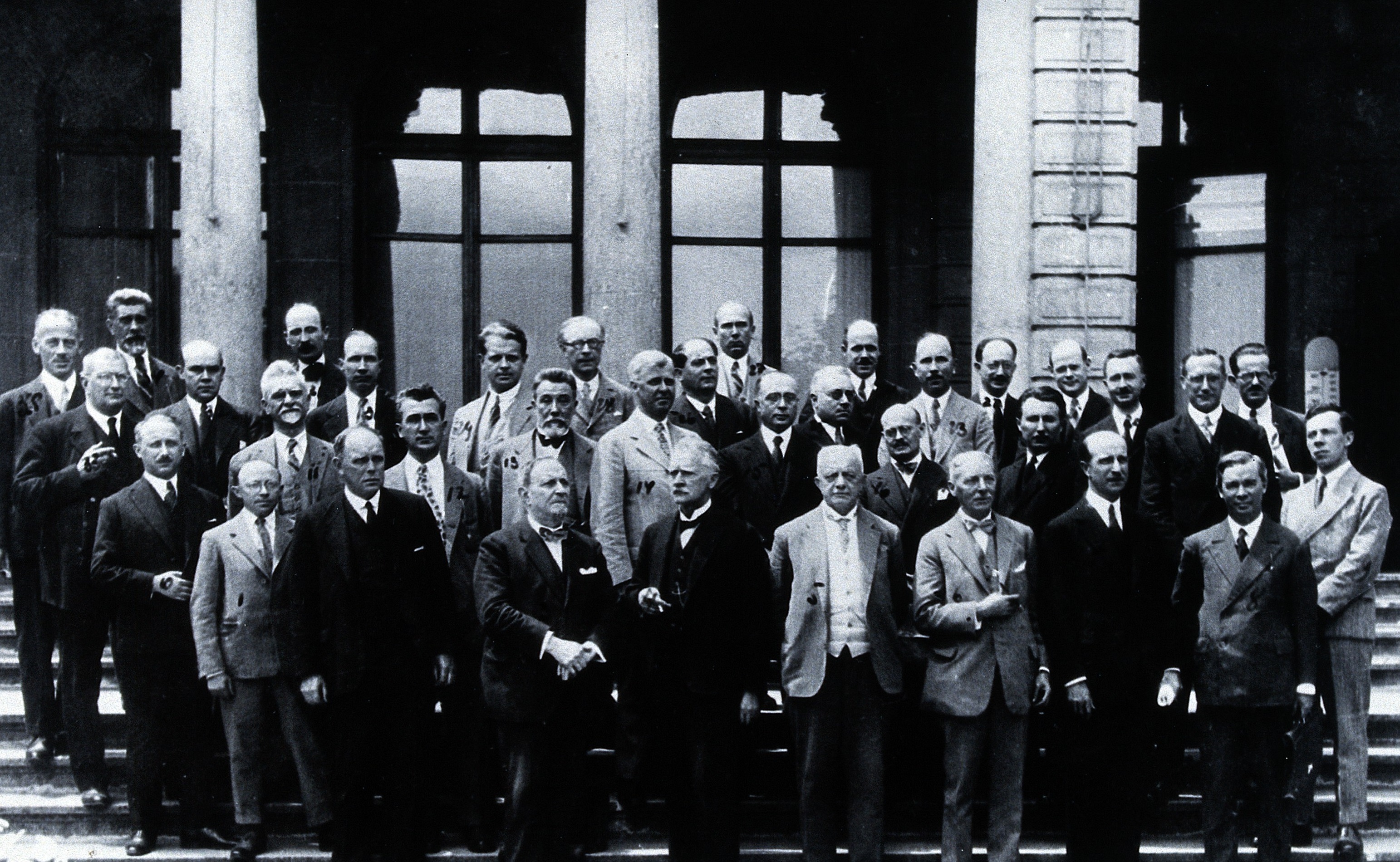The Treaty of Versailles and Religious Freedom
The Treaty of Versailles, which ended World War I, was signed one hundred years ago this week. What is often forgotten is that this treaty—or better yet, set of treaties—did recognize and advance, albeit in a limited way, the religious freedom of average citizens.
Eric PattersonJune 27, 2019
1919: Wilson, the Covenant, and the Improbable League
Perhaps an insight from the character of Elrond in J.R.R. Tolkien’s The Lord of the Rings, about the nature of our mortal lives, offers a measure of Christian realism in the face of Versailles: “And the Elves believed that evil was ended forever, and it was not so.”
Joseph LoconteJune 27, 2019
Do Power Transitions Always Lead to War? Review of Schake’s Safe Passage
In Safe Passage, Kori Schake details how transitions in geopolitical power lead to violence, except when the United States slowly and peacefully took over the hegemonic role Great Britain played.
Wilson ShirleyJanuary 30, 2019
Why the League Failed: 13 Crippling Shortcomings
The much-maligned League of Nations experienced difficulties and shortcomings, which are visible in the functioning of the modern UN – and to a lesser extent, the International Criminal Court. George Stewart provides no less than thirteen reasons for the League’s failure, foremost among them the United States’ refusal to join, despite President Wilson’s labors as the prime architect. Stewart’s criticism of the League’s weaknesses, in its simultaneous impotence and incompetence, serves as a reminder for the need of robust, yet practical, international structures.
Christianity & Crisis MagazineJanuary 26, 2018





 Live in the DC area? Sign-up for Providence's in-person events list!
Live in the DC area? Sign-up for Providence's in-person events list!